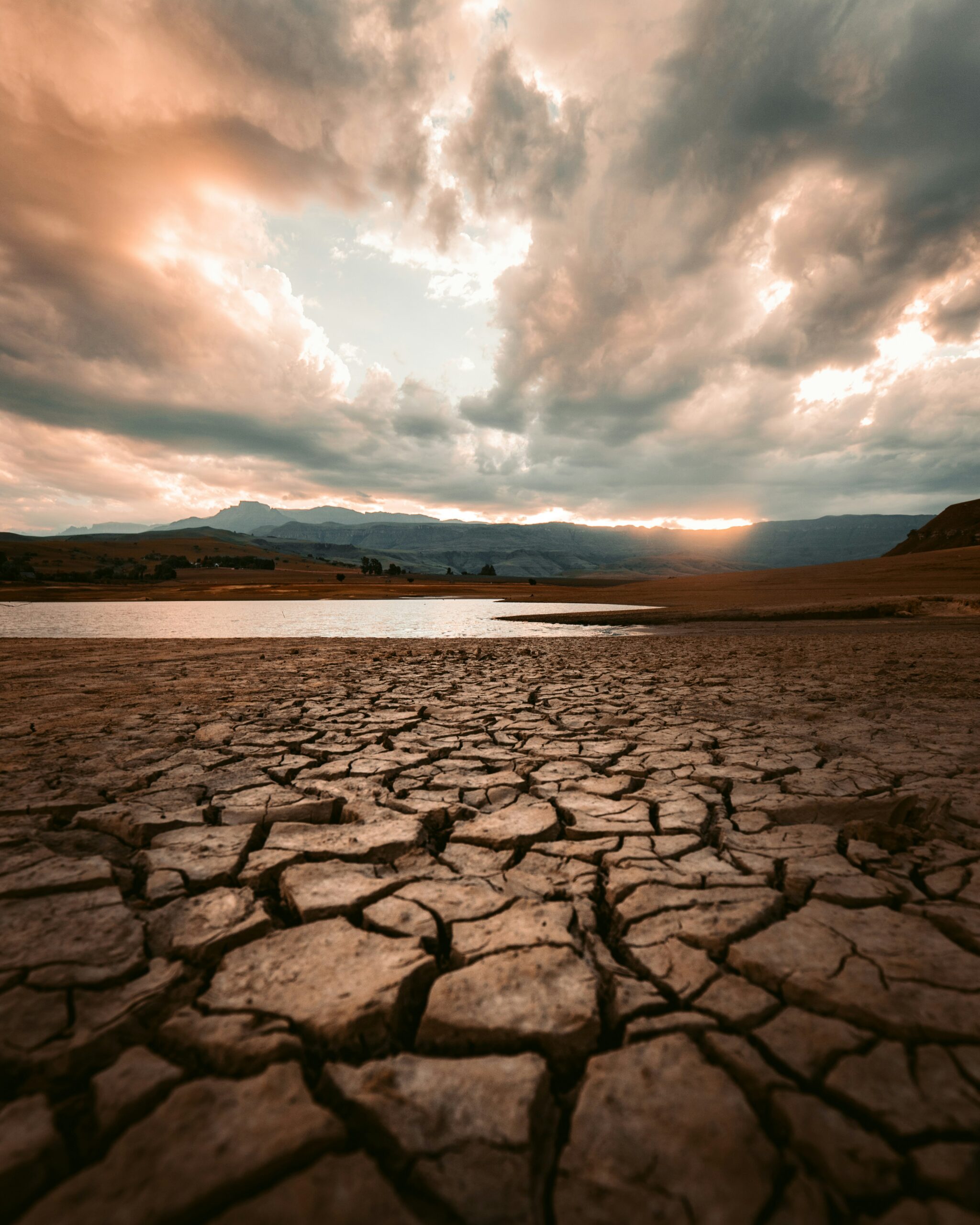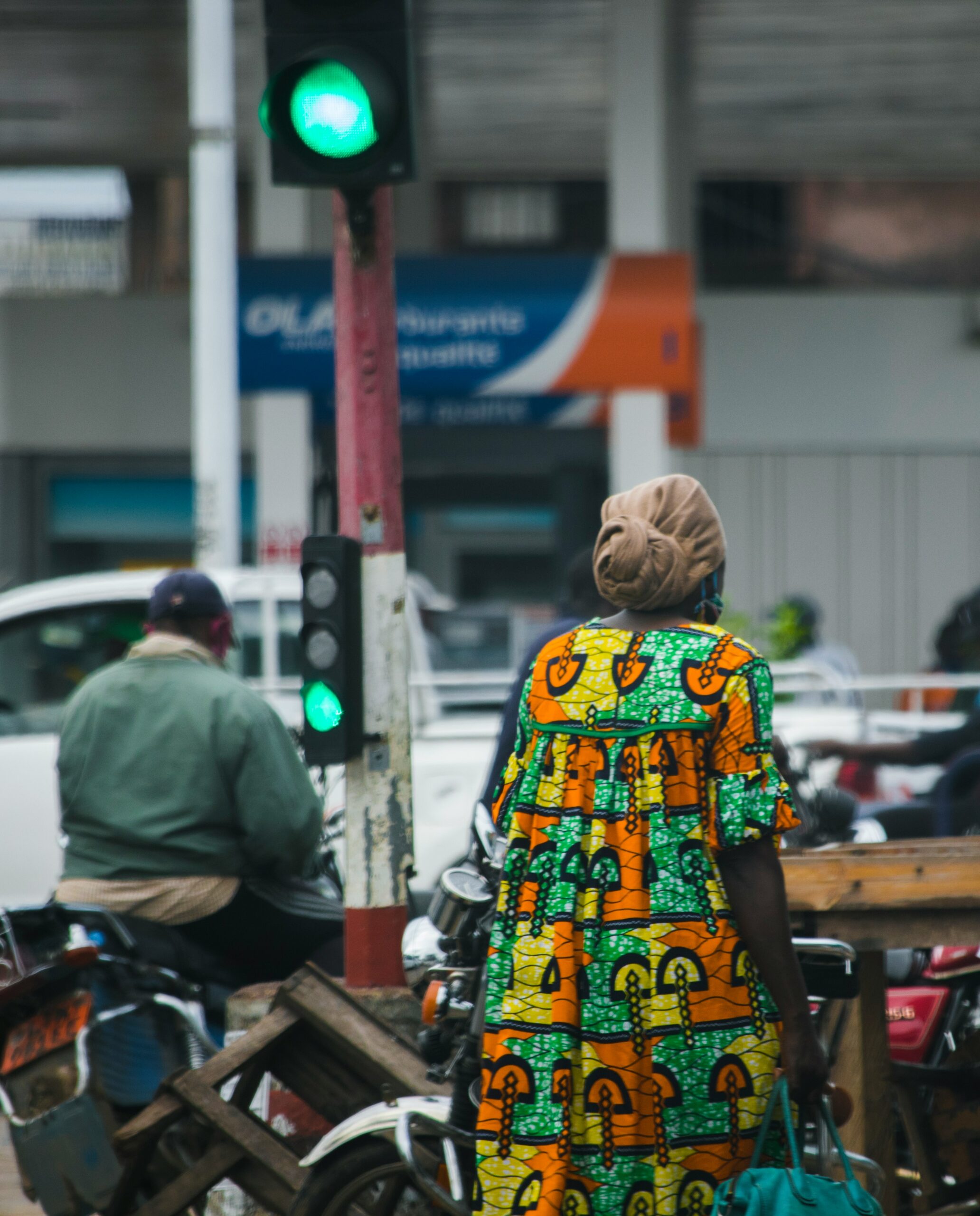17 June 2024
Empowering Africa: Making bold moves for climate resilience



Climate change poses significant challenges to Africa, exacerbating existing vulnerabilities and threatening the livelihoods of millions. In the face of these challenges, ICLEI Africa is at the forefront, supporting our cities and regions in implementing a range of projects and initiatives aimed at enhancing climate resilience across the continent.
From urban food systems to disaster risk reduction, each project addresses critical aspects of climate resilience, contributing to sustainable development and improved livelihoods for African communities, especially the most vulnerable.
“As stewards of sustainable urban development, ICLEI Africa leads the way,supporting African cities to embrace a future where resilience isn’t just a concept but a lived reality. The immense, interconnected urban sustainability challenges our world, and our continent in particular, currently face need to be tackled in an integrated, inclusive way with tenacity, boldness and expertise. Our ICLEI Africa cities and regions are doing just that. But there is so much more we need to do in order to ensure that our cities and communities become truly resilient – not just surviving, but thriving. The time for African cities to build resilience is now.” ~ Kobie Brand, Deputy Secretary General: ICLEI & Regional Director: ICLEI Africa.
Here are some of the key projects spearheaded by ICLEI Africa, which are having an impact on the ground.

INACCT Resilience
The INACCT Resilience project focuses on the challenges posed by climate change, rapid urbanisation, and socio-economic inequalities in African coastal cities. The project aims to design inclusive resilience strategies for African coastal cities and emphasises the importance of co-creation and collaboration among various stakeholders, including local governments, communities, researchers, and partners, to develop context-specific resilience solutions. Through participatory processes and innovative transdisciplinary methodologies, capacity building activities, and knowledge exchange, the project seeks to strengthen the resilience of African coastal cities by integrating inclusive and sustainable approaches into urban planning and decision-making. Ultimately, the goal is to co-create gender-responsive, proactive resilience planning frameworks to support cities to be better prepared for and withstand environmental shocks and provide equal opportunities for all residents.
“In partnership with ICLEI Africa and other key organisations, African cities are crafting a narrative of resilience, focused on identifying opportunities for transformation through addressing challenges posed by climate change, ensuring that our cities become stronger and more sustainable than ever before.” ~ Dr Hayley Leck, Senior Specialist: Climate Change, Resilience and Research.
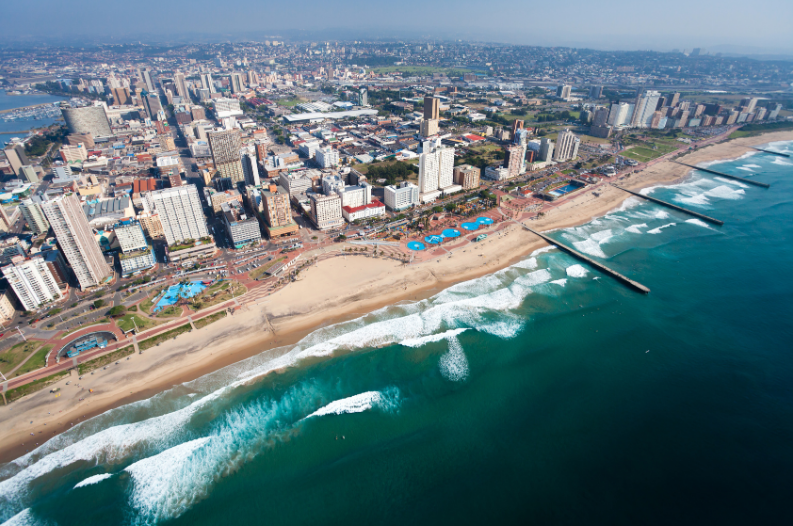
Project cities
Durban (South Africa), Beira (Mozambique).
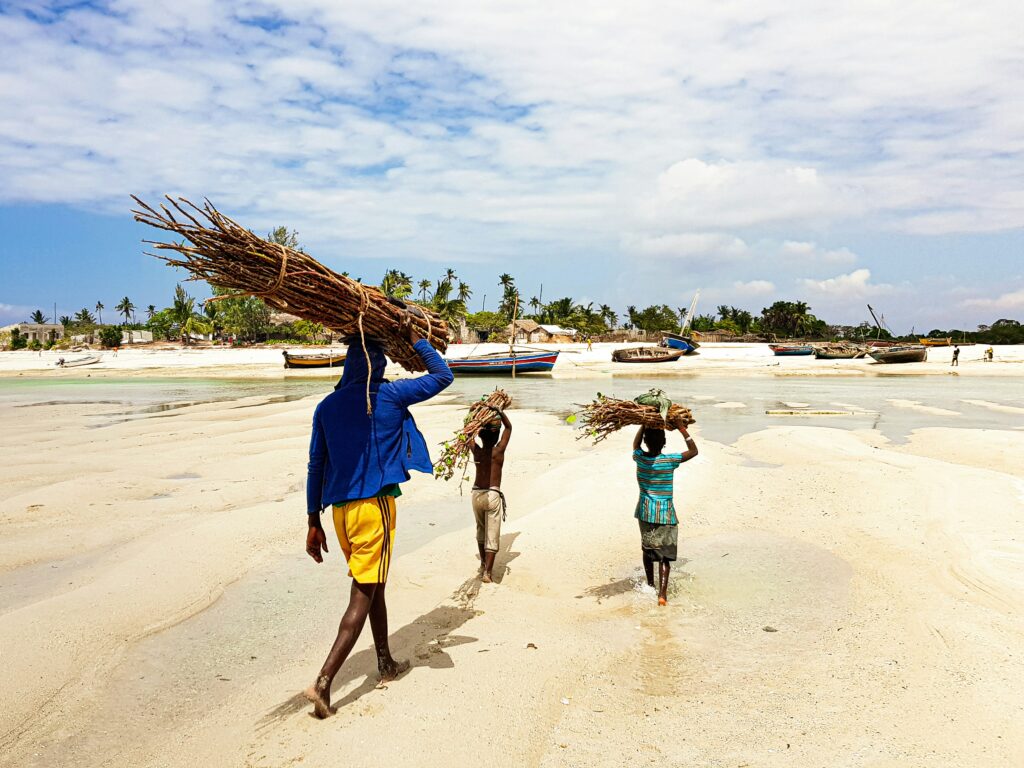
Project funder and partners
This project is part of the Climate Adaptation and Resilience (CLARE) initiative co-funded by the UK’s Foreign, Commonwealth & Development Office and IDRC.
Partners are the University of KwaZulu-Natal (UKZN), eThekwini Municipality, University of Eduardo Mondlane (UEM), Beira Municipality.
BRIDGE
The BRIDGE project, “BRokering Innovation for Decentralised climate finance and Gender Equality,” aims to address the critical need for inclusive and gender-responsive finance in local-level climate adaptation efforts. By recognising the significant role of knowledge broker organisations in fostering collaboration, BRIDGE seeks to overcome barriers to cooperation that hinder effective climate action. By focusing on inclusive finance for adaptation at the local level, the project acknowledges the unique challenges faced by different communities and strives to ensure that these challenges are met with gender-sensitive solutions. In doing so, BRIDGE not only pioneers a new approach to climate action but also sets the stage for transformative change that will benefit communities across Cameroon and serve as a model for climate action worldwide.
“We simply cannot stand by and let those most impacted by climate change have no say in how finance mobilised to combat climate change is spent. Via BRIDGE we are focusing on the quality of finance as opposed to the quantity of finance, and working with critical Cameroonian organisations like FEICOM to unlock finance for locally-led and gender responsive climate change adaptation.”
~ Dr Meggan Spires, Director: Climate Change, Energy & Resilience.
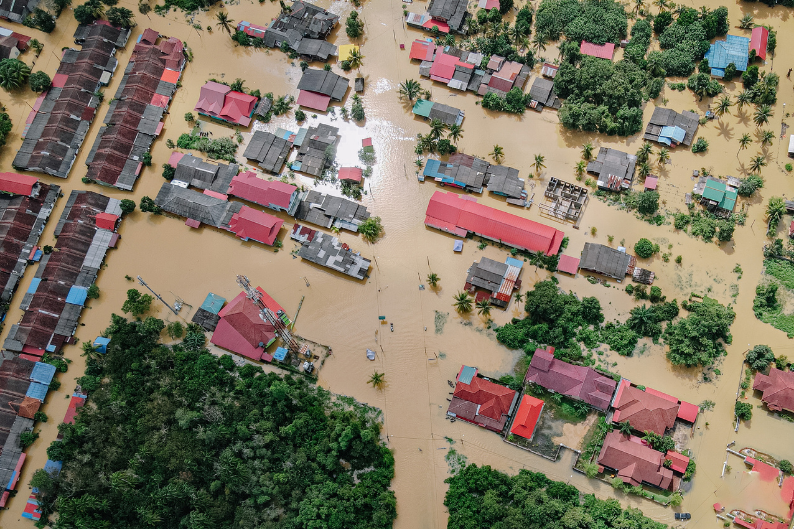
Project cities
Yaounde 4 and Kribi 1 (Cameroon).
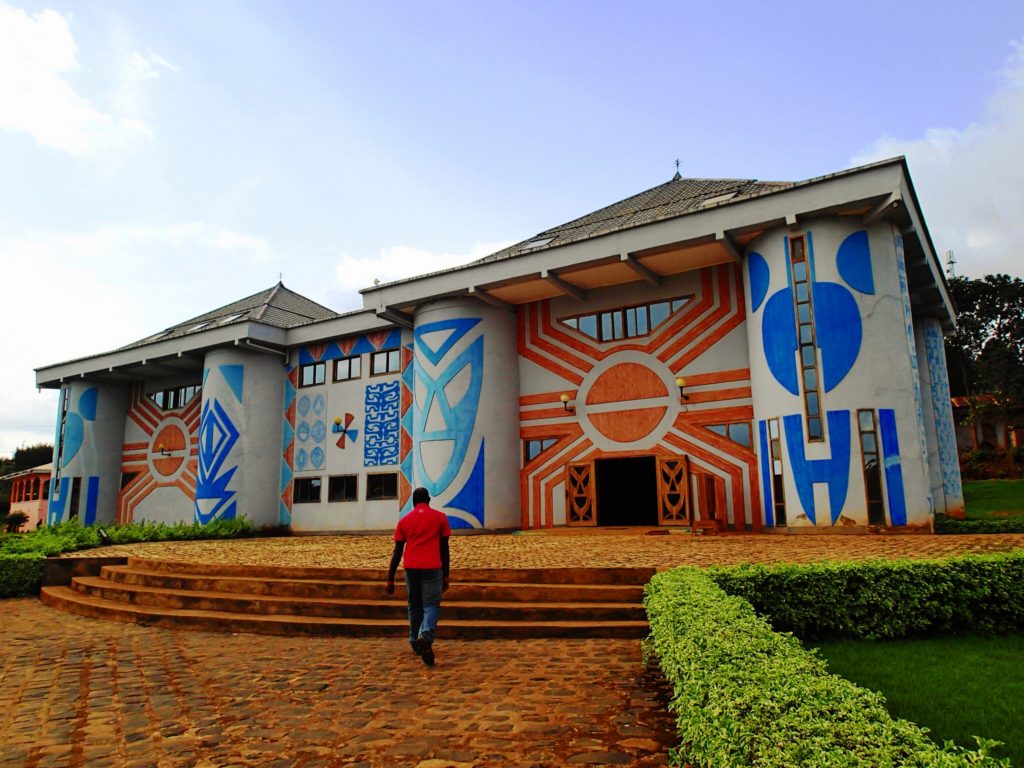
Project funder and partners
This project is part of the Step Change Initiative co-funded by the Ministry of Foreign Affairs of the Netherlands and the International Development Research Centre (IDRC), Canada.
Partners are FEICOM and the University of Yaounde I.
DRR4Africa
The DRR4Africa project focuses on enhancing disaster risk reduction (DRR) capacities in African cities to mitigate the impacts of climate hazards. Led by ICLEI Africa, the project collaborates with local governments, academic institutions, and civil society organisations to strengthen resilience and promote sustainable development. Key activities include capacity building, knowledge sharing, and the development of tools and guidelines to support DRR efforts at the local level. By integrating DRR and climate change adaptation into urban planning and decision-making processes, the project aims to build more resilient and adaptive cities in Africa, better equipped to respond to and recover from inevitable disasters.
“In African cities, climate resilience isn’t just a concept—it’s a lifeline for millions, crucial for safeguarding livelihoods, protecting infrastructure, and preserving ecosystems for generations to come. Without it, the devastating impacts of climate change could unravel the very fabric of urban life and prosperity. ” Dr. Kate Strachan, Senior Manager: Climate Change Resilience, Coastal Management and DRR.

Project funder and partners
DRR4Africa is funded by the Lloyd’s Register Foundation.

Project cities
Lusaka (Zambia), Cape Coast (Ghana), Port Louis (Mauritius).
UNA Resilience
The Urban Natural Assets for Africa (UNA) programme, led by ICLEI’s Cities Biodiversity Centre, is at the forefront of supporting African local governments in protecting and revitalising their urban natural assets. Underscored by its focus on using a human rights based approach, through three pillars of governance, planning, and finance, and a focus on building urban resilience, the programme aims to transform development trajectories toward sustainability and interconnectedness with surrounding natural systems. The latest phase of UNA Resilience, specifically seeks to understand drivers of risk in African cities, mainstream nature-based resilience measures, implement tailored approaches, scale resilience efforts, and align activities with international policy frameworks. Through deep transdisciplinary collaboration and multi-stakeholder engagement which prioritises the voices of marginalised communities, UNA Resilience strives to catalyse transformative change for sustainable urban development.
“Climate resilience is the key to unlocking Africa’s potential for sustainable development. By investing in biodiversity and resilience measures, we can build stronger, more inclusive cities that withstand the impacts of climate change and thrive amidst adversity,” Ursula Wellmann, Manager: Biodiversity and Nature.
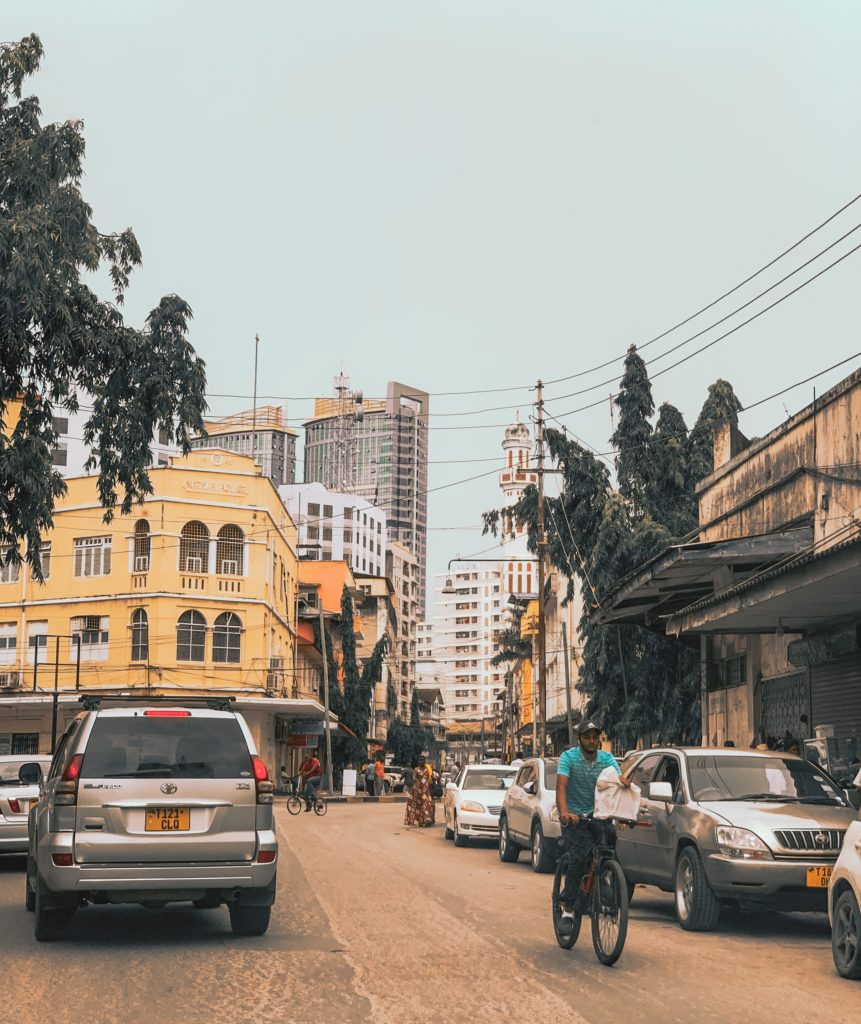
Project cities
Bo City (Sierra Leone), Cape Coast (Ghana), Lilongwe (Malawi), Addis Ababa (Ethiopia), Dar Es Salaam (Tanzania), Nacala (Mozambique), Quelimane (Mozambique), Kisumu (Kenya), Entebbe (Uganda), Kampala (Uganda).

Project funder and partners
UNA is funded by the Swedish International Development Cooperation Agency (Sida), through SwedBio at the Stockholm Resilience Centre.
Project partners include SRC, Stockholm University, SwedBio.
AfriFOODLinks
AfriFOODlinks is a project aimed at transforming urban food systems in Africa, addressing key challenges such as food insecurity, malnutrition, and unsustainable agricultural practices. The project focuses on fostering collaboration and knowledge exchange among stakeholders, including local governments, small businesses, researchers, youth and civil society organisations. It aims to strengthen linkages between food system stakeholders in African and European cities in order to ensure food systems and nutrition are firmly established on the local governance agenda. The project is working to inform policy and urban planning processes that promote food and nutrition security and environmentally regenerative practices.Through pilot projects, capacity building activities, and policy advocacy, AfriFOODlinks aims to create resilient, inclusive, and sustainable urban food systems that benefit both urban residents and rural farmers.
“In the face of climate change, resilience isn’t just an option – it’s a necessity for African cities. AfriFOODLinks is about resilience in action, empowering communities through food, protecting our planet, and securing a sustainable future for all” Dr Luke Metelerkamp, Senior Professional Officer of Urban Systems.
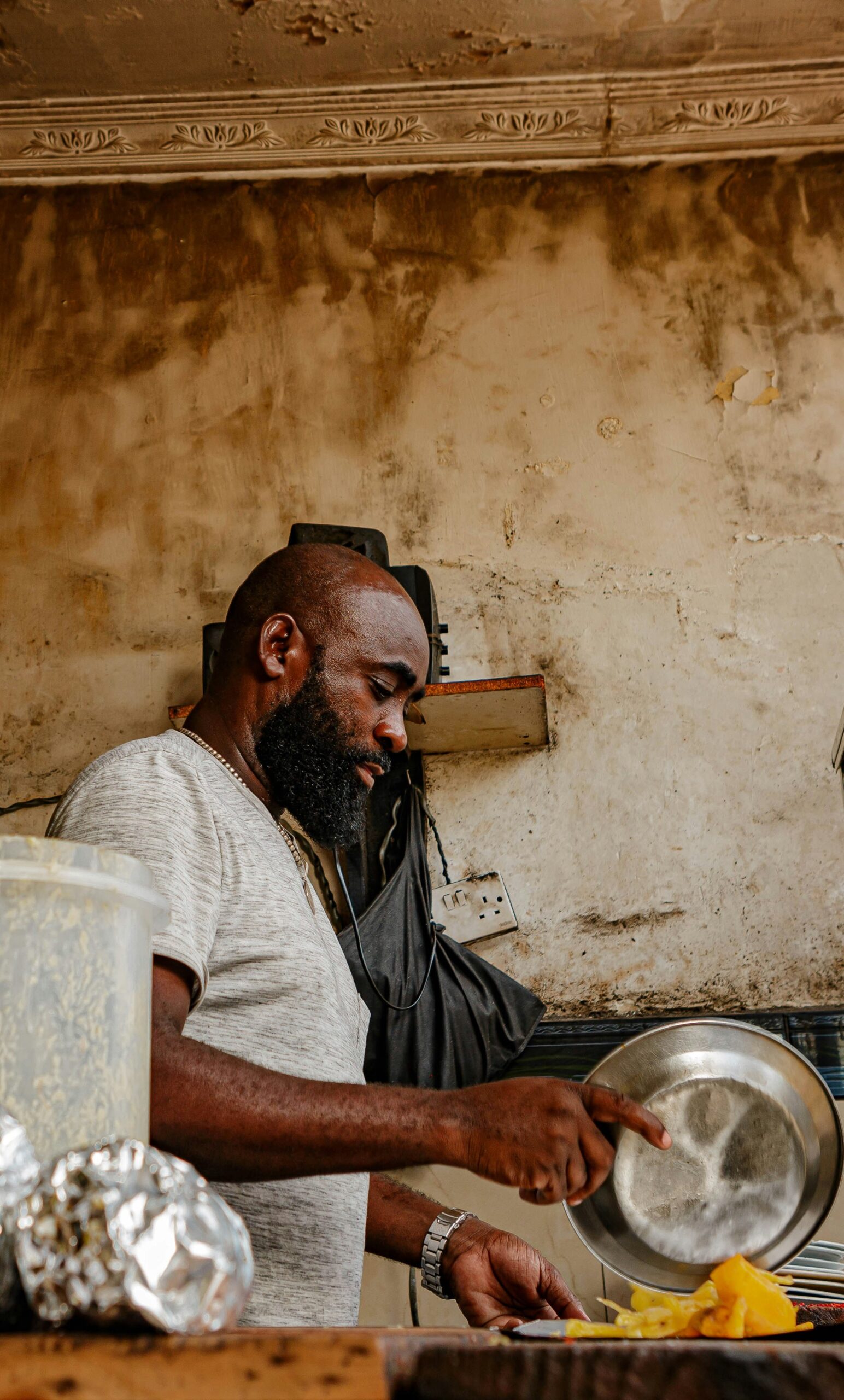
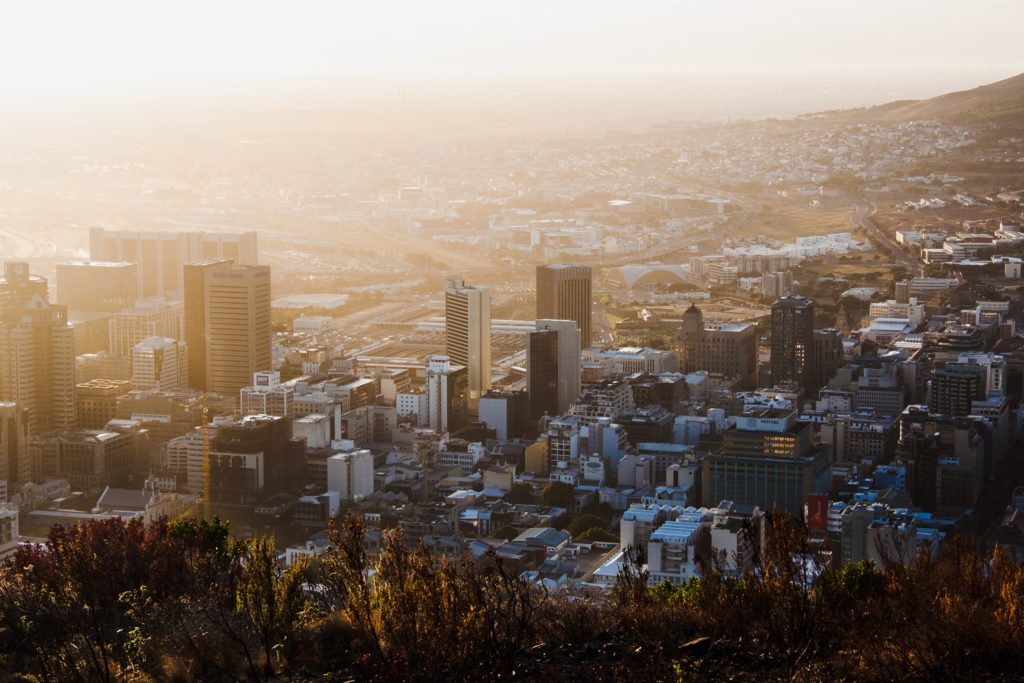
Project cities
Cape Town (South Africa), Antananarivo (Madagascar), Quelimane (Mozambique), Lusaka (Zambia), Windhoek (Namibia), Arusha (Tanzania), Kisumu (Kenya), Bukavu (DRC), Mbale (DRC), Niamey (Niger), Tamale (Ghana), Ouagadougou (Burkina Faso), Dakar (Senegal), Chefchauen (Morocco), Tunis (Tunisia), Lisbon (Portugal), Montpellier (France), Milan (Italy), Bruges (Belgium).

Project funder and partners
AfriFOODLinks is funded by the European Union.
Project partners are ACRA, African Population and Health Research Centre (APHRC), African Centre for Cities at the University of Cape Town (ACC), Agence de Financement et de Promotion des Petites et Moyennes Enteprises (AFP-PME), Agence du Developpement Economique Urbain (ADEU), CIRAD, Centre for Food Policy – City – University of London, Milan Urban Food Policy Pact (MUFPP), ESta, Food Rights Alliance (FRA), Institut de Recherche en Sciences Appliquees et Technologie (IRSAT), Hivos, ICLEI Global, ICLEI Europe, Inades-Formation Burkina, Institut de Recherche pour le Development (IRD), Institut National de Nutrition et de Technologie Alimentaire (INNTA), Jaramogi Oginga Odinga University of Science and Technology (JOOUST), Oribi, Rete Semi Rurali, Rikolto, SHONA, SA Urban Food & Farming Trust (SAUFFT), UNESCO Chair in World Food Systems and L’Institut Argo, University of Ghana, Women in Sustainable Enterprises (WISE).
Together, these diverse initiatives demonstrate a holistic and bold approach to climate resilience, addressing various aspects of urban sustainability and community well-being in a context-specific way. By fostering collaboration, innovation, inclusivity and capacity building, ICLEI Africa’s cities and regions are making significant strides in building climate resilience. However, to achieve real and lasting impact, a whole-of-society approach is needed, where all levels of government, civil society and the private sector work together. The time to build resilience is now.



